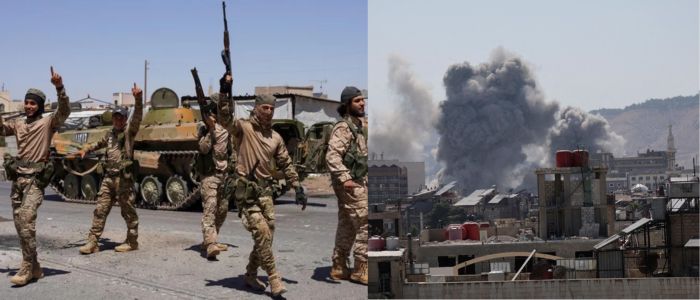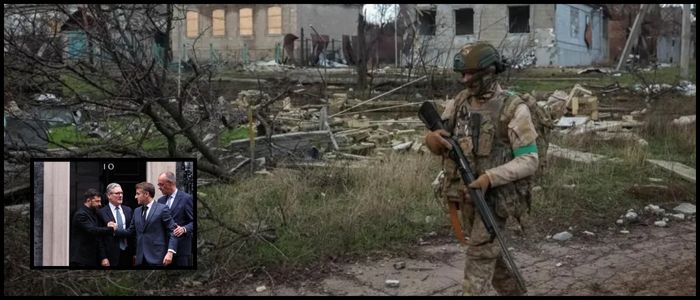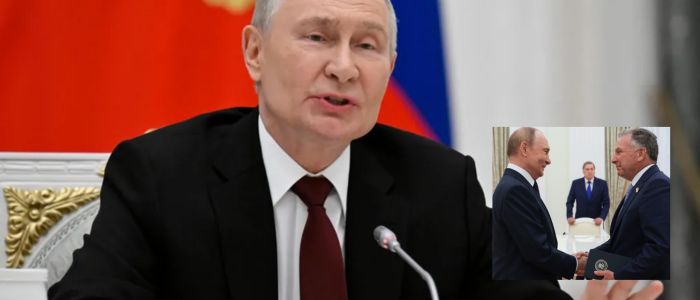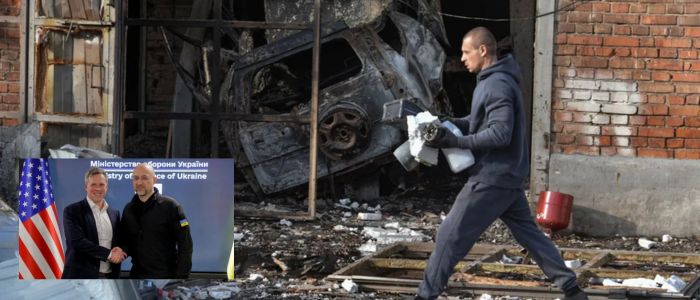Israeli Prime Minister Benjamin Netanyahu said the actions were aimed at protecting the Druze community. Meanwhile, Syria's interim President Ahmed al-Sharaa blamed Israel for creating a major escalation. Over 350 people have died since Sunday, when fighting broke out between Druze militias and Bedouin tribes in Suweida.
Late Wednesday, Syria's military began withdrawing from Suweida after the US announced an agreement to end the conflict. "We have agreed on specific steps that will bring this troubling and horrifying situation to an end tonight," said US Secretary of State Marco Rubio.
Syria's state news agency confirmed the withdrawal, following talks between the government and Druze religious leaders. The Syrian foreign ministry welcomed the role of the US and Arab nations in securing a peaceful solution. Israel has not commented on these ceasefire discussions.
Clashes in Suweida Lead to Heavy Losses
The violence began after Syrian forces entered Suweida for the first time since the fall of Bashar al-Assad's government last December. Tensions between the Druze, a religious minority, and the interim government have been high, especially after past incidents of violence.
This year, the government had allowed Druze militias to form local security groups in Suweida, which angered Bedouin tribes aligned with the government.
Netanyahu said Israel wanted to prevent harm to the Druze people, especially with many living in Israel and the Golan Heights. Hundreds of Druze crossed the border into Syria on Wednesday, leading Israeli forces to use tear gas to stop them.
Israel claimed their military strikes were to force Syrian forces to leave Suweida. Israeli Defence Minister Israel Katz said the army would continue operations until Syrian forces withdrew fully. He posted videos of Israeli strikes in Damascus, including one near the defence ministry and the presidential palace.
Civilians Caught in the Crossfire
Syria's government accused Israel of attacking both military and civilian locations, resulting in the death of several civilians. The foreign ministry called the strikes a clear violation of international law. Reports from Suweida described worsening humanitarian conditions, including shortages of water and medical supplies.
The national hospital was also attacked, causing panic among patients and staff. Government forces later claimed they found many bodies in the hospital after armed groups left the area.
Eyewitnesses spoke of sniper attacks, artillery shelling, and street violence. Local sources described looting and extrajudicial killings by government forces.
According to monitoring groups, more than 350 people have been killed since Sunday, including 79 Druze fighters and 55 civilians. The violence reportedly started after a Druze merchant was abducted, leading to armed Druze fighters surrounding Bedouin neighborhoods.
Earlier this year, Israel called for the full demilitarisation of Suweida and other southern areas, saying President Sharaa's links to Sunni Islamist groups remained a threat.
Israel has long carried out strikes in Syria and maintains forces in key border regions. The recent events mark one of the deadliest outbreaks of violence in Syria since the change in government, but with new agreements in place, there is hope that the situation may begin to calm.
World

US, Syria Agree on Steps After Israeli Strikes in Damascus

Tensions in Syria escalated after Israel launched strikes on Syrian government targets in Damascus and southern areas for the third day on Wednesday. The attacks came as deadly sectarian clashes continued in the Druze-majority province of Suweida.















